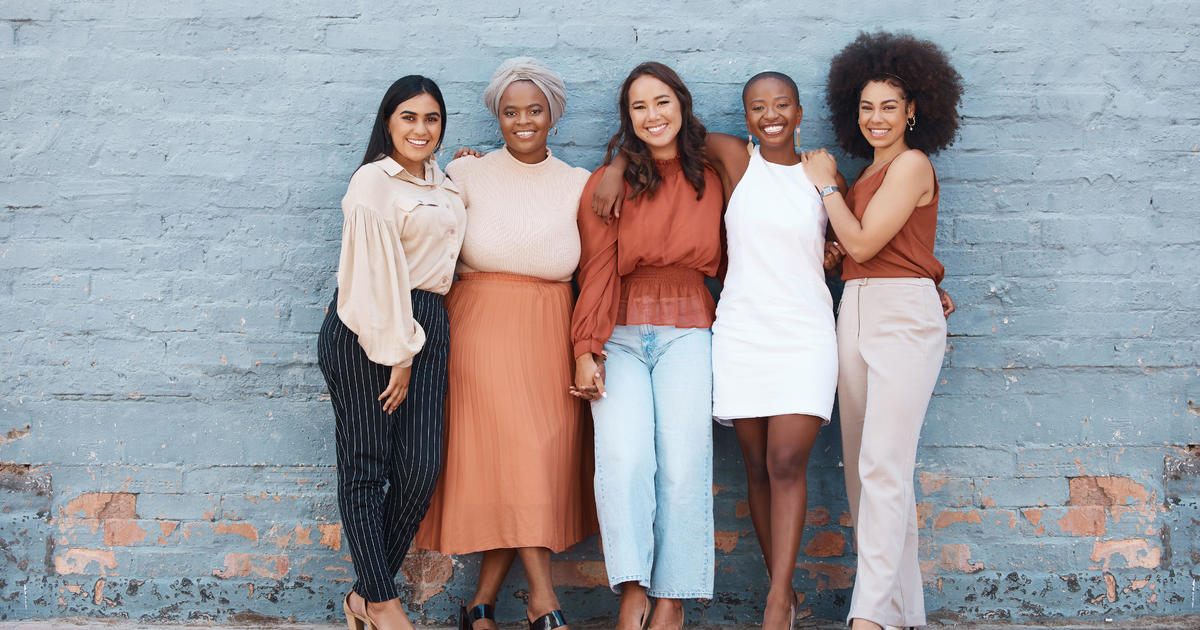When it comes to women in the workplace, promotion at any age is elusive. Ageism, often associated with older workers, affects women of all ages, according to recent findings published in the Harvard Business Review. The study reveals that younger women are seen as inexperienced, middle-aged women carrying family burdens, and older women as undeserving of promotion.
Amy Diehl, chief information officer at Wilson College and co-author of the study, explains, “No matter the age, women are never seen as fit for leadership.”
These findings have significant implications for professional women’s career paths. Women are still underrepresented in Fortune 500 companies and leadership positions, with only one in four C-suite roles held by women. Age bias prevents many women, regardless of age, from reaching the same level as equally qualified men.
Diehl adds, “Many young and middle-aged women are hindered from advancing professionally. Their careers stall at entry and mid-level positions.”
Furthermore, this bias affects women’s retirement savings. Women generally earn less than men, resulting in lower retirement savings. Recent data shows that men’s average 401(k) balance is 50% higher than women’s.
“Everyone suffers”
Leanne Dzubinski, a professor at Biola University and co-author of the study, emphasizes that ageism against women also harms the overall economy. She explains, “When more than half of the workforce is limited, it has a negative impact on organizations, society, and the economy as a whole. Discrimination against women, regardless of age, affects everyone.”
The study surveyed over 900 professional women in various roles, from higher education executives to attorneys and physicians. Many reported experiencing discrimination throughout their careers. Younger women were patronized, given demeaning nicknames, and mistaken for interns or administrative assistants. Middle-aged women were judged based on age, with some committees refusing to hire those in their late 40s due to perceived family responsibilities and menopause.
In contrast, older men are considered authoritative in the workplace, while older women are often disregarded. Recognizing these biases is crucial to addressing them.
Broader efforts needed
Amberr Stephenson, a professor at Clarkson University and co-author of the study, highlights the societal acceptance of ageism and the lack of attention from human resources and diversity initiatives. She encourages women to assert their value and communicate their contributions. Bringing women of all ages together can also help challenge age-related biases.
However, broader efforts are required to combat ageism against women. Hiring and promotion decisions should prioritize skills, regardless of gender or age, and the concept of “lookism” should be addressed in diversity, equity, and inclusion initiatives. Simply acknowledging the existence of these biases is the first step towards countering them.
Stephenson concludes, “Gendered ageism has gained recognition in recent years. It is essential to acknowledge and address this bias.”
Denial of responsibility! VigourTimes is an automatic aggregator of Global media. In each content, the hyperlink to the primary source is specified. All trademarks belong to their rightful owners, and all materials to their authors. For any complaint, please reach us at – [email protected]. We will take necessary action within 24 hours.


